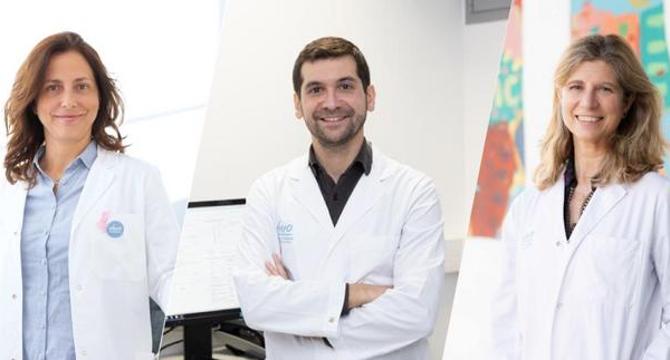Bioengineer
2w
313

Image Credit: Bioengineer
Unlocking Personalized Treatment in Early Breast Cancer: The Potential of RAD51 Testing
- The Vall d’Hebron Institute of Oncology has made significant strides in breast cancer treatment with the introduction of a functional biomarker known as RAD51.
- RAD51 test aims to detect the RAD51 protein as a marker for homologous recombination repair capabilities in tumor cells.
- The RAD51 biomarker could reshape clinical pathways, guiding decisions that enhance patient outcomes and diminish the over-reliance on aggressive treatment options.
- Among the tumor samples evaluated for RAD51 testing, 80% displayed RAD51 protein levels that correlated with functional homologous recombination deficiency.
- Patients who underwent treatment with the PARP inhibitor olaparib and harbored HRD as determined by the RAD51 test exhibited a remarkable 66.7% pathological complete response rate.
- RAD51 consistently demonstrated significant associations with pathological complete responses, suggesting it can serve as a robust predictor of treatment efficacy.
- VHIO-led initiative sheds light on the urgent need to refine early detection and intervention strategies, asserting that with the right applications, personalized medicine could vastly improve patient prognosis and quality of life.
- The RADIOLA study aims to validate the effectiveness of RAD51 in advanced breast cancer, with preliminary results anticipated soon.
- The funding backing this pivotal research stems from multiple reputable sources, including the ERA-NET Cofund and the Instituto de Salud Carlos III.
- As we stand at the threshold of new oncological discoveries, it is imperative to continue fostering interdisciplinary collaborations that propel this research forward, enhancing both our knowledge and our ability to combat breast cancer in all its forms.
Read Full Article
18 Likes
For uninterrupted reading, download the app